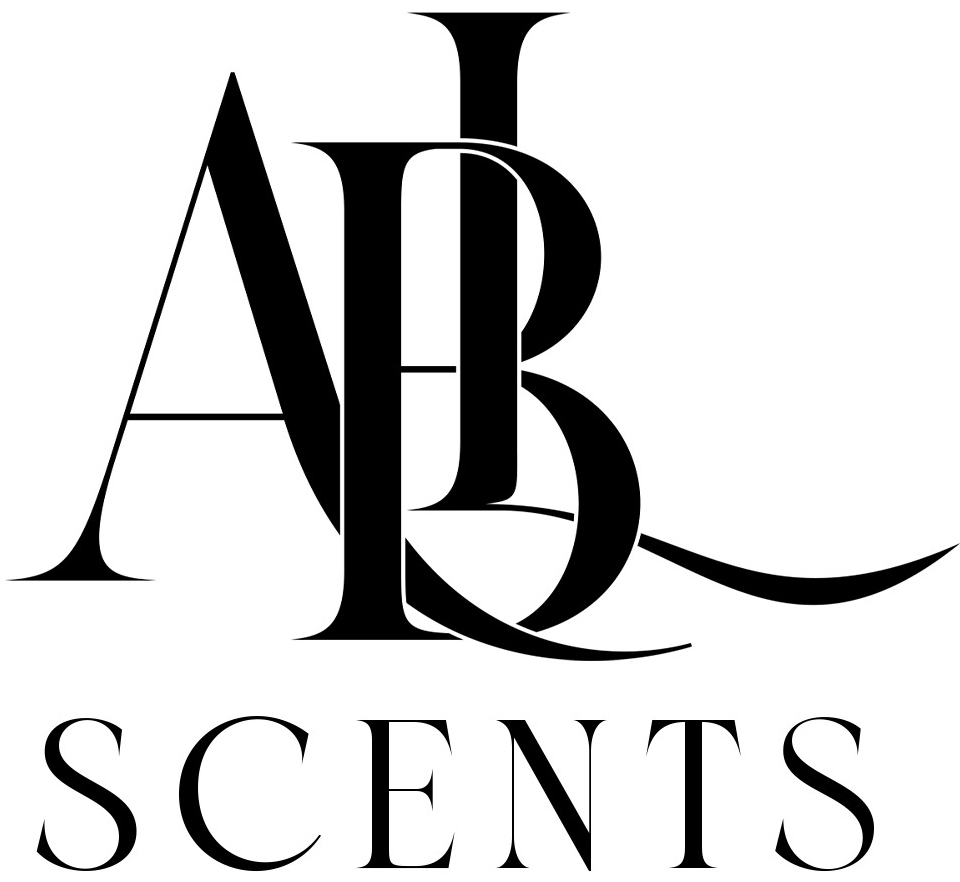Content
- Trading Alcoholism for Sugar Addiction: Here’s the Not-So-Sweet Truth
- The Effects of Alcohol On Your Body From The Minute You Start Drinking
- Are Alcoholism and Sugar Addiction Related?
- Sugar and Dopamine: The Link Between Sweets and Addiction
- Substance Abuse Treatment Programs
- Trading Alcohol for Sugar
In this article, I’m going to discuss the connection between hypoglycemia and alcohol. In particular, I’ll show you how to avoid the unpleasant do alcoholics crave sugar symptoms of hypoglycemia that are often confused with psychiatric disorders or, in many recovery circles, spiritual failure.
Do you eat more when you quit drinking?
Many people find food comforting and look for the dopamine boost it brings them to serve the same purpose alcohol once did in their routine. This ends up leading to an even heavier intake of extra calories and therefore some extra weight gain.
But I’ve cut my sugar to such low levels that I don’t even want sweet things that much anymore. Whereas my sweet tooth was insatiable when I quit drinking, these days a small bite of the chocolate cake is all I want. I experienced this cycle myself when I drank, and it was pure hell. I had no idea that my alcohol cravings had anything to do with my body’s inability to regulate my blood sugar. Nor did I have any clue that drinking had caused this problem in the first place. Because alcohol is a sugar, drinking alcohol causes the pancreas to produce insulin, which takes sugar out of the bloodstream.
Trading Alcoholism for Sugar Addiction: Here’s the Not-So-Sweet Truth
Studies have shown that quitting alcohol temporarily improves insulin resistance levels in participants and helps stabilize blood sugar levels. Eating sweet foods can reduce the intensity of these drug cravings by giving a short dopamine boost, which could be the difference between remaining in recovery or experiencing a relapse.
Many whole-grain foods contain complex carbohydrates that are vital to those who are working on their recovery from alcohol. Since complex carbs take more time to break down after consumption, individuals are able to feel fuller with prolonged energy levels. When individuals experience alcohol withdrawals, their brain severely lacks proper levels of dopamine. Unfortunately, long-term alcohol use has negative effects to this important hormone by causing normal levels to fall. Additionally, the calcium found in dairy serves a dual purpose. The corporations have been adding sugar to everything for years!! The children are addicted, if you read all of the ingrients and monitor what they are eating and drinking.
The Effects of Alcohol On Your Body From The Minute You Start Drinking
Shaming oneself for eating too much sugar is counterproductive. Remember that you can work on this habit when you’re more comfortable with a lifestyle of sobriety. People may find sugar’s ability to provide instant energy, combined with the good taste of sugary foods, enticing. Sugar provides some with a “quick fix” during a long and stressful day. People who are enduring breakups or other emotionally stressful situations often turn to chocolate or pints of ice cream to comfort themselves during the difficult time.

If you’re new to recovery or are in need of different ways to reduce alcohol cravings, nuts and nut butter are the perfect snack. Their high fat and caloric content convert into energy that will keep you running on all cylinders, while their rich nutrients will help you maintain a well-balanced diet. Of course, it’s important to monitor your intake of these tasty snacks, as your body needs certain nutrients in moderation. Some who crave sugary foods are women who suffer from PMS or premenstrual https://ecosoberhouse.com/ syndrome. These women suffer from monthly menstrual cycle mood changes that would likely take them out of a competition for Miss Congeniality. Although these symptoms, thankfully, rarely last longer than two weeks each month and usually only two or three days, women feel transformed into someone unlike their usual self. Anger, fogginess, anxiety, depression, fatigue, mood swings, and irritability are some of the more common symptoms that women often feel helpless to do anything about.
Are Alcoholism and Sugar Addiction Related?
You’re not alone, it’s actually common for recovering alcoholics to crave sugar. Eating ice cream or a donut every once in a while is okay, but there may be cause for concern if you’re constantly snacking. Fortunately, understanding why you’re craving sweets and finding ways to avoid sugar can help you maintain a healthy recovery.
- Part of the cravings that individuals new to abstinence from alcohol face are actually sugar cravings, not alcohol cravings.
- To break this cycle, you need to eat balanced meals with protein and complex carbohydrates that will help keep glucose levels stable.
- Anxiety, depression, not thinking clearly, fatigue, irritability, and mood swings are characteristic feelings among those who have gone from excessive alcohol intake to none.
- To help you throughout this important battle, we’ve compiled some of the best foods to add to your diet that offer plenty of nutritional benefits.
- As your tolerance increased, your cravings and need for alcohol to function normally also increased.
- There is also evidence to suggest that higher consumption of added sugar will make it more difficult to keep alcohol cravings in check.
Many alcoholic beverages have excessive amounts of sugar, especially when consuming mixed alcoholic drinks with various sodas, juices, liqueurs or other mixers that are loaded with sugar. While it is a myth that alcohol metabolizes into sugar, alcohol does significantly affect blood sugar levels, causing a yo-yo effect. Initially alcohol raises blood sugar levels, but after the body processes the alcohol blood sugar levels drop dramatically. Alcohol increases insulin secretion and prevents the liver from releasing glucose, causing heavy drinkers to be susceptible to hypoglycemia. If a person regularly drinks a lot without eating, their blood sugar levels can plummet dangerously low. This is because when someone stops eating, their body breaks down glycogen and turns it into sugar for energy.
Sugar and Dopamine: The Link Between Sweets and Addiction
However, our brains and evolution haven’t yet caught up with that shift. So, our brains still perceive sugar as beneficial and release huge amounts of dopamine when we consume sugary, high-calorie foods. In the long term, this can mimic the effects of addiction and create high tolerance and cravings for sugar. Furthermore, can even lead to withdrawal when we cut it out of our diets. That’s why it can be so difficult to resist the urge to consume sweets like candy and cake. Now that you’ve made the courageous decision to quit drinking, the future looks brighter. The truth is, it’s common for people who quit drinking to, out of nowhere, start craving sugar or sweets.
The best way to combat these cravings is by treating them with a strong and healthy diet. The information we provide while responding to comments is not intended to provide and does not constitute medical, legal, or other professional advice. The responses to comments on fitrecovery.com are designed to support, not replace, medical or psychiatric treatment. Please seek professional care if you believe you may have a condition. The problem can be resolved by avoiding alcohol, sugar, and processed foods that are high in carbohydrates.
When someone has something sugary, the neurotransmitter dopamine is released in their brain. Dopamine plays a pivotal role in the brain’s reward system, which is linked to addictive behaviors. The reward system gives a person a sense of pleasure and encourages them to repeat the activity. An unbalanced diet is a common trigger for sugar and alcohol cravings in recovery. Like alcohol, sugary foods can be addictive and trigger the brain’s reward system. There is a myriad of healthy and delicious foods that help with alcohol cravings. Fresh fruits and veggies are a necessary staple in every diet.
Why am I so hungry after quitting alcohol?
Alcohol triggers an insulin response just like sugar, and the increased insulin levels keep your blood sugar low. This persists even after you quit drinking, which means people recovering from alcohol use disorders often crave sweets. Eating too much sugary food is an easy way to gain weight.
We become psychologically dependent on sugar to help us feel better because we no longer consume our former feel-good substance – alcohol. Sugar releases huge amounts of dopamine in your brain, which you used to rely on alcohol to do. If you’re worried you’re going to relapse or if you’ve already relapsed, remember that it doesn’t mean you’ve failed at recovery. For help, fill out our form or contact us today to get in touch with one of our friendly admissions team members. Explore membership at Tempest— and get ready to live an alcohol-free life you love.









